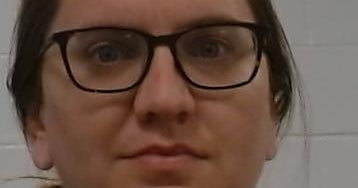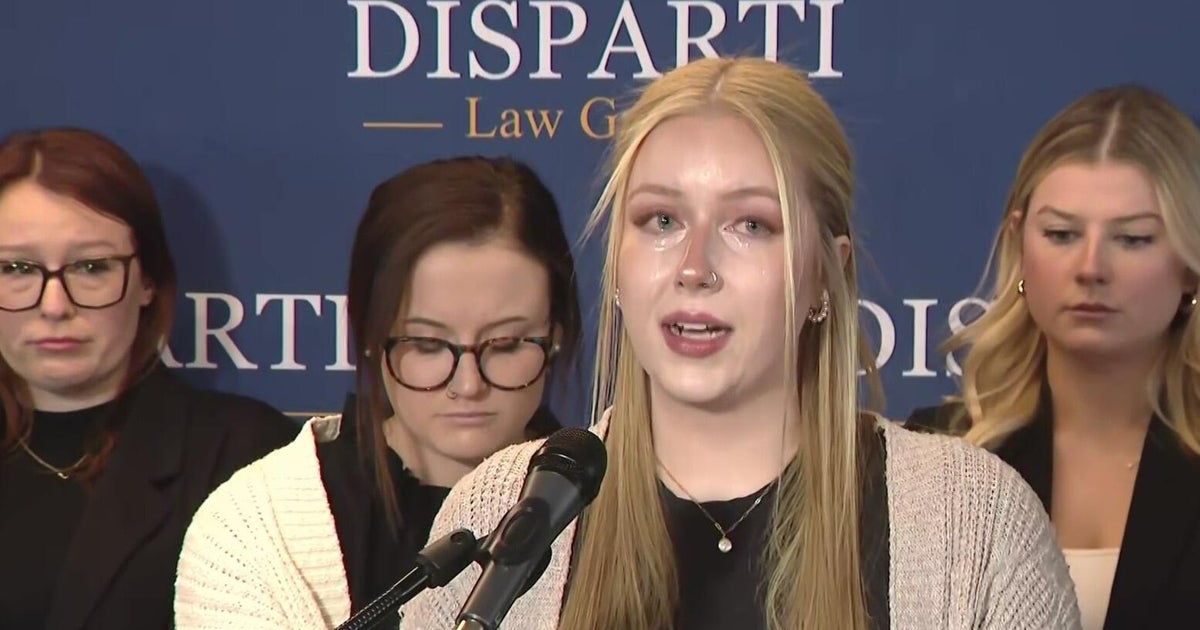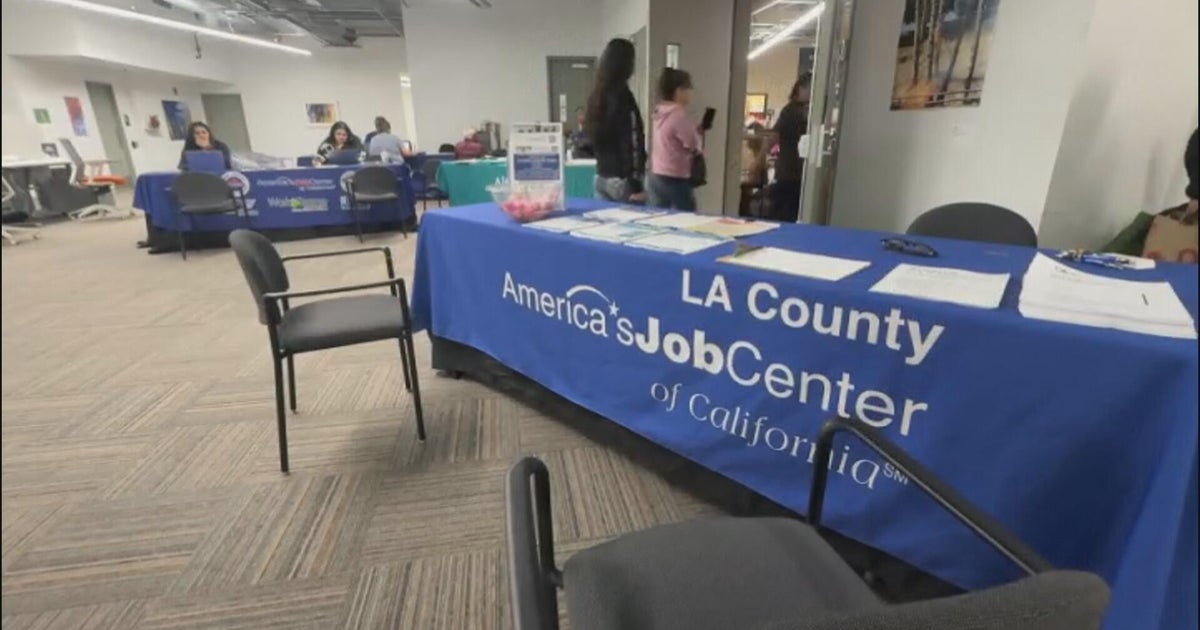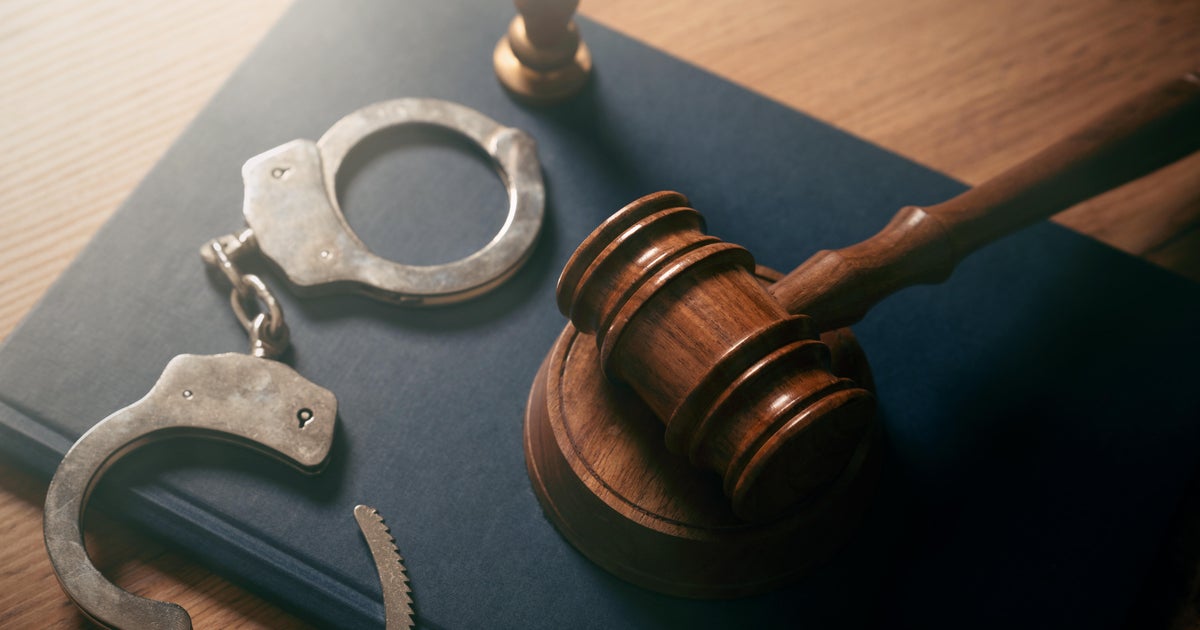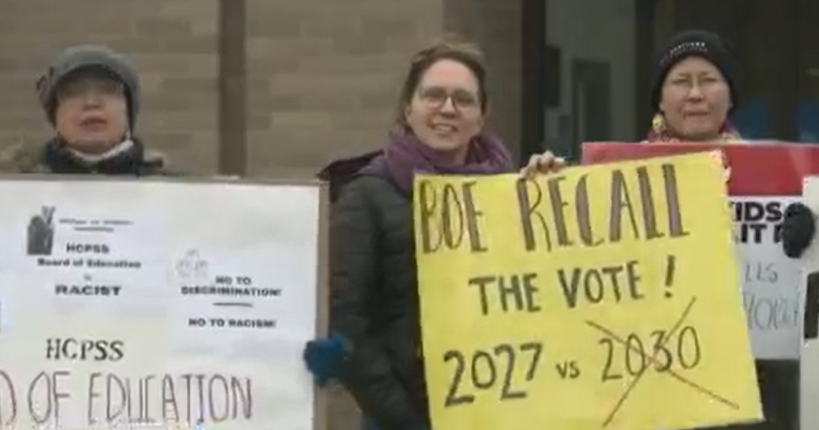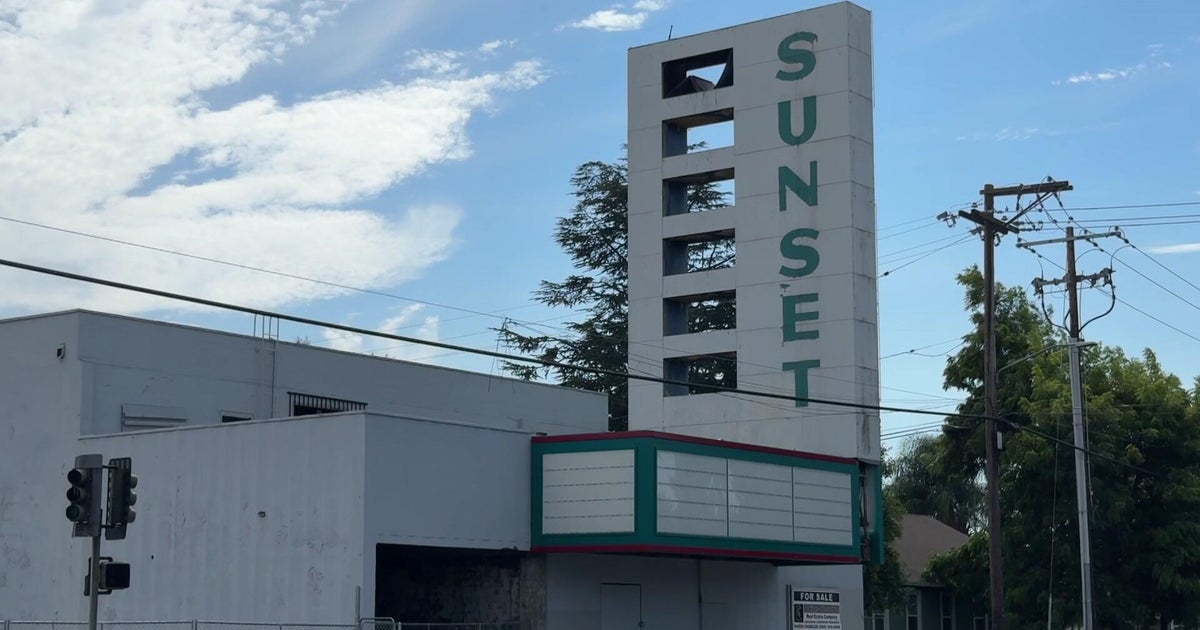Group Helping Female Veterans Adjust To Life After War
DALLAS (CBSDFW.COM) - There are stereotypes of what a war veteran looks like. Holly Finnesy fits none of them. "I've heard comments like, you're too young to be a veteran. Yeah, well, there's a lot of us out there that are pretty young," the 24-year-old said.
Enlisting just out of high school, Finnesy spent five and a half years in the U.S. Navy, seven months of that time treating wounded soldiers at a combat hospital in Afghanistan. "Some of them you just couldn't save, and it's hard to think about stuff like that," said Finnesy.
In 2010, she left the service with dreams of starting a family. Instead, she found a whole new battle. "I felt lost," she said.
Finnesy represents a growing population of veterans -- the young and female. In the DFW Metroplex, there are almost 15,000 women veterans under the age of 45. Nationwide, there are more than 700,000. "The model is an older male. If you go to the VA, again, a lot of what you'll find is -- are you the spouse? Are you the dependent? They don't realize that, no, in fact, I am the veteran," said Michelle Rosales Kneubuhl, an outreach coordinator for Grace After Fire, an organization helping women re-adjust to life outside the military.
With the recent exodus from Iraq, Kneubuhl expects to see a surge in the number of women veterans dealing with the physical and psychological toll of war. "They'll need some time of assistance to get back into society," said Kneubuhl.
Women veterans, it turns out, have issues all their own. Studies show they are twice as likely as civilian women to be unemployed, and almost three times as likely to commit suicide. As many as one in five may have suffered sexual assault. Many, like Finnesy, who have dated fellow service members, become victims of domestic violence. "Never in my whole life, would I ever imagine that somebody that I love would talk to me in a certain way," she said.
Long-serving institutions like the U.S. Department of Veterans Affairs are struggling to adapt their services for women. An estimated 40 percent of VA homeless shelters cannot accept them, and VA hospitals are often criticized for offering insufficient OB/GYN services and childcare.
Founded by women veterans, Grace After Fire has built a network of organizations to meet their special needs. "There's a lot of individuals who want to help," said Kneubuhl.
Finnesy found a support group to help her deal with her abusive relationship and lingering nightmares. "If not for them, I'd probably still be hanging on to that old relationship," she said.
Most importantly, though, Finnesy now knows that she is not alone.
Also Check Out:
